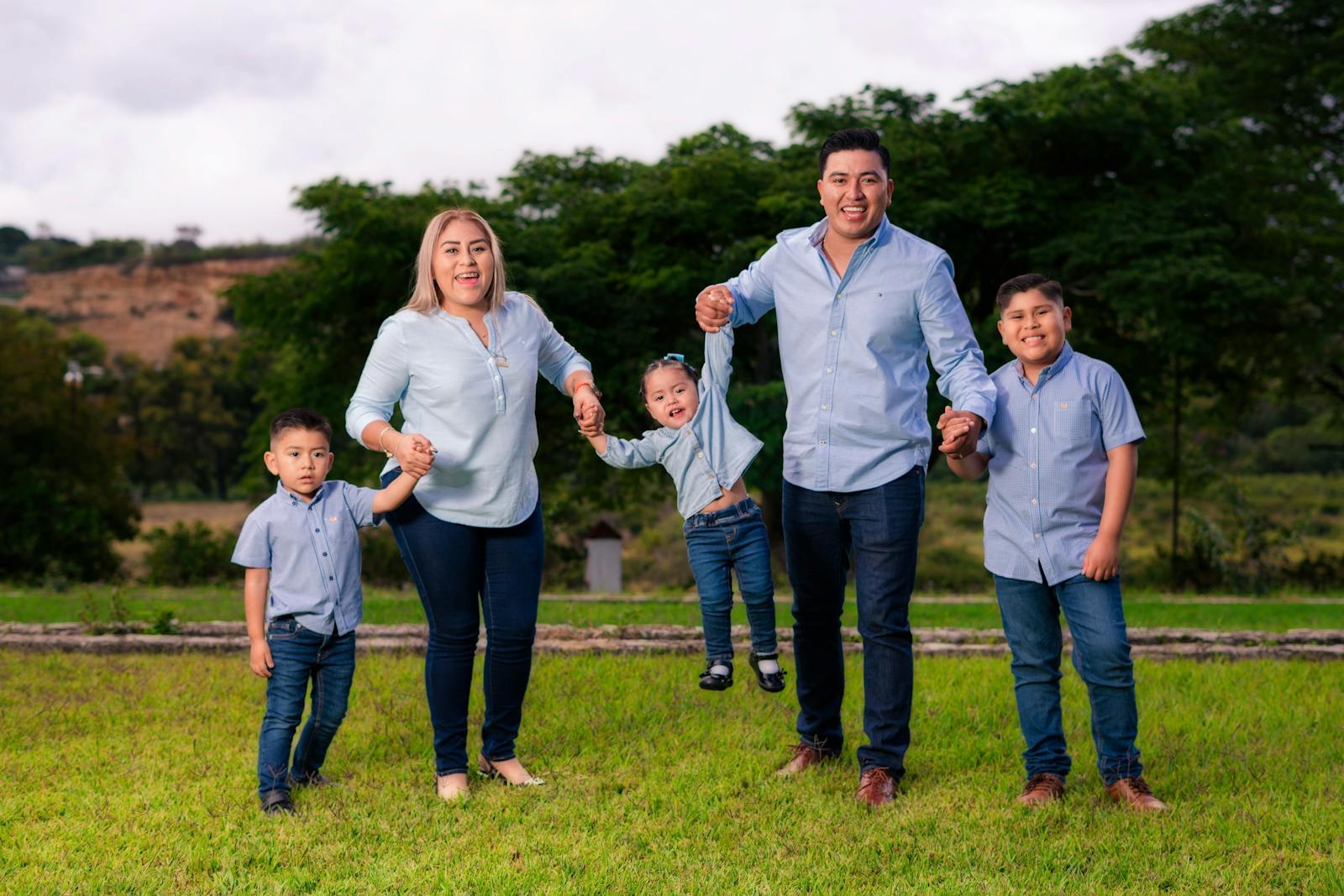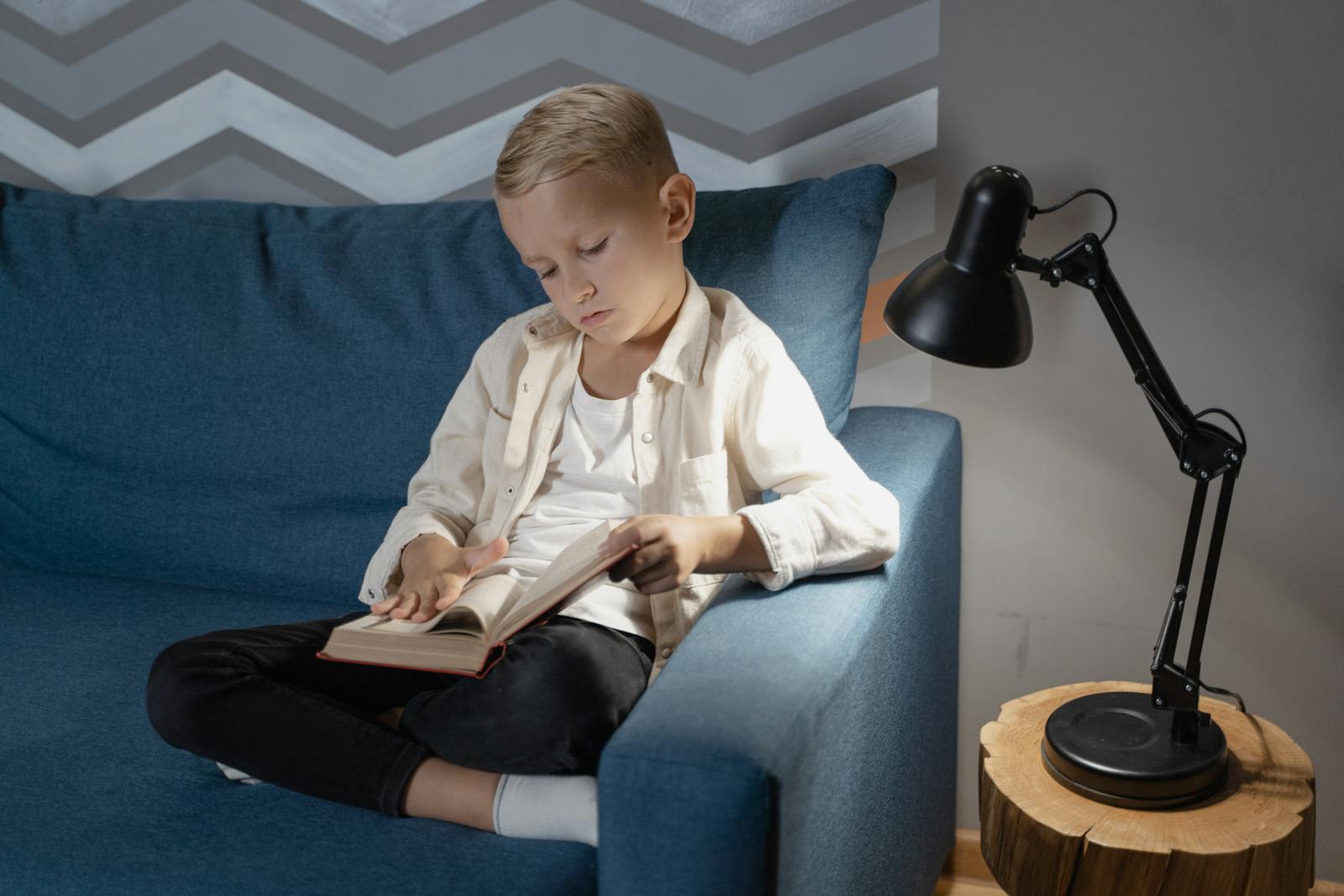The Moment Everything Changes
The dolls, toy cars, and sticker albums are gone. In their place come bands, late-night hangouts, and a flood of new friendships. Childhood slowly fades into memory, and with it, the family dynamic starts to shift. Parents who once decided everything now face the challenge of stepping back as their children step forward into adulthood.
It’s a stage that often shakes the parent-child relationship. Some parents cling tightly, terrified of mistakes or heartbreaks. Others struggle to recognize the transformation happening right in front of them. Meanwhile, their children, craving space, try to assert themselves—sometimes clumsily—while still needing the reassurance that love and safety remain constant.
As psychiatrist Ivete Datar puts it, “An informed and loved child knows their limits and won’t seek what goes against the values they were raised with.” But getting to that point takes patience—and trust.
The Pain of Letting Go
For many parents, this transition is both slow and painful. Accepting that a child is now capable of making their own choices can feel like cutting an invisible cord. The instinct to protect is deep, but so is the need to let them live and learn.
Datar advises moderation: “Children will learn from their mistakes. They need to test boundaries to understand what’s good or harmful for them. That’s part of growing up.”
Sixteen-year-old Stephanie Suguiuri Tendzghoski recalls when her mother once showed up at a bar with a belt in hand to drag her home. “It was mortifying,” she says. “I just wanted to go out with my friends, dance, and come home on my own time. I’m not doing anything wrong—I just want my space.”
Her story captures a universal tension: parents afraid of the world’s dangers, and teenagers desperate to experience it.
Why Parents Struggle to Accept They’ve Grown Up
According to Datar, the hardest part for many parents isn’t just acknowledging that their children have grown—it’s realizing they’re growing older too. That loss of centrality can feel like rejection.
“Parents often feel discarded, as if their role no longer matters,” she explains. “Understanding that this is simply a new phase—where your children are becoming adults, not leaving you—is crucial. Aging, too, is a healthy stage of life.”
Learning to see this evolution as natural, not as a threat, allows both sides to move forward with less resentment and more respect.
When It’s the Kids Who Can’t Grow Up
But not every struggle lies with the parents. Some young adults refuse to embrace the responsibilities that come with freedom. They expect others—friends, partners, even parents—to carry their emotional and practical load.
Many fall into patterns of dependency, neglecting studies, chores, or work. “Some people just can’t handle adult responsibilities,” Datar explains. “They unconsciously cling to the idea that childhood never ends. But maturity only comes when you face life as it is, not as you wish it to be.”
Independence isn’t just about doing what you want—it’s about owning the consequences.
Care or Control? The Thin Line Between Love and Invasion
Parents often mistake vigilance for affection. But as Datar points out, there’s a clear line between caring and intruding.
“Kissing your teenage child on the lips when they don’t want it, calling them 20 times under the excuse of ‘worrying,’ or forbidding them from dating or staying out late—none of that is care. It’s invasion,” she says.
Another friction point: boundaries at home. Parents who still stroll around in towels or enter the bathroom uninvited fail to realize the discomfort this causes. “Your child has become a man or a woman. Privacy is now part of respect,” Datar warns.
The shift from parent-child to adult-adult demands a new language—one built on mutual boundaries rather than absolute authority.
When Expectations Turn Into Disappointment
Few things strain the parent-child bond more than unmet expectations. Many parents project their own unrealized dreams onto their children—hoping they’ll become the star athlete, the top student, or the professional they once wanted to be.
These pressures often lead to frustration and lasting emotional scars. “Your children will never fulfill your dreams for you,” Datar says bluntly. “They have their own life, their own desires. Denying them that autonomy is parental irresponsibility.”
Love should guide, not dictate. Expectation without empathy only breeds distance.
Sex, Love, and the “Eternal Child” Syndrome
Few topics make parents more uneasy than their child’s emerging sexuality. For many, the thought alone is unbearable. Yet denying it doesn’t make it disappear—it only creates shame and silence.
Datar argues that moral values and limits should be defined together as a family, not imposed unilaterally. “Setting absolute prohibitions at this stage is asking to be disobeyed,” she notes. The better approach is dialogue—listening without mockery, guiding without scolding.
Teenagers experience love, desire, and heartbreak differently than adults. They don’t need judgment; they need perspective.
The First Job: Independence Beyond Money
One day, your child walks in and says, “I’m going to work.” For some parents, this hits like a confession of failure. But Datar reframes it: “It’s not about material need—it’s about claiming new territory.”
When parents forbid work out of fear of “the world outside,” the psychiatrist suggests negotiation instead of prohibition. Work teaches self-worth, discipline, and responsibility—lessons no classroom can fully offer.
Freedom without accountability is chaos; responsibility without freedom is prison. The goal is to teach both.
The New Circle of Friends
As teenagers find new social groups, parents often grow suspicious, fearing “bad influences.” The solution isn’t to isolate—it’s to engage.
“Invite their new friends over,” Datar suggests. “Host a barbecue, get to know them. But don’t try to act like one of the kids, and don’t play the strict enforcer either. Find a balance.”
Trust isn’t built by spying—it’s built by showing genuine interest. When parents respect their children’s world, they earn a place in it.
As children grow into adults, the family contract must be rewritten. Authority gives way to dialogue, and affection takes a new shape—one that thrives on respect, not control. It’s not about letting go of your child, but about letting go of your fear. Trust, once earned on both sides, becomes the foundation of a lasting relationship—one that continues to evolve long after childhood ends.




